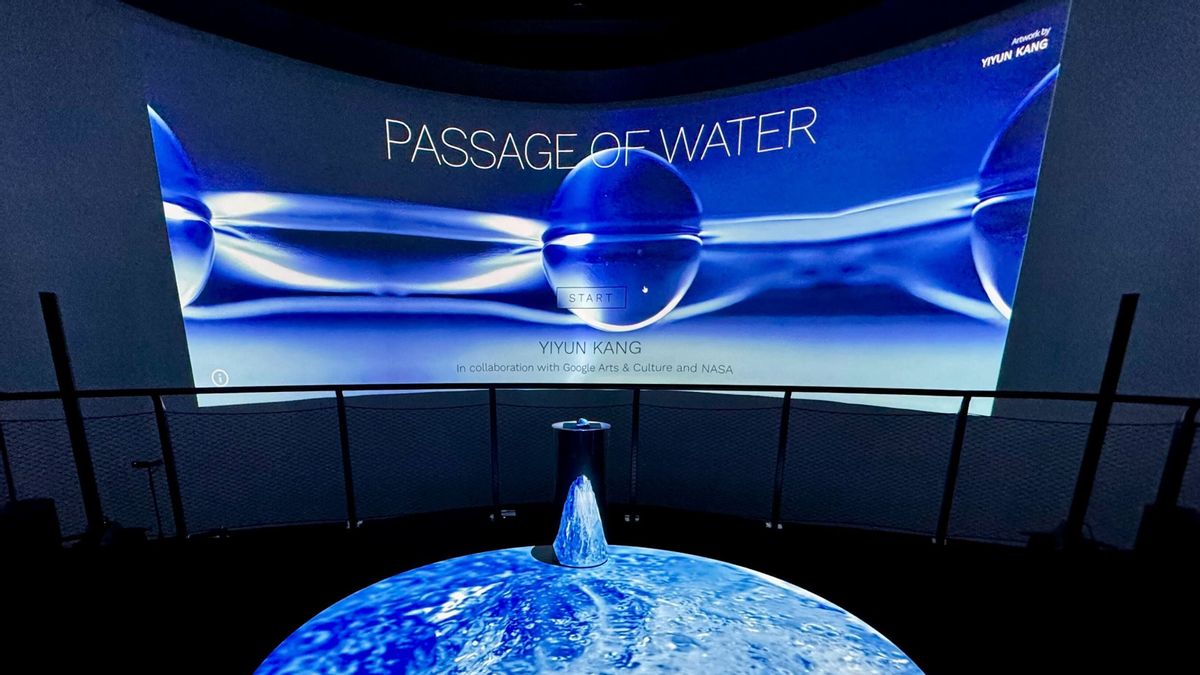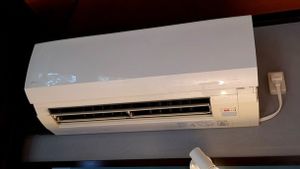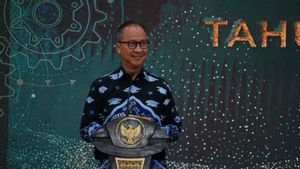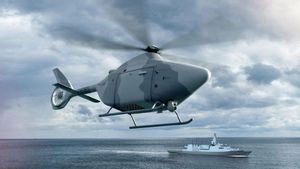JAKARTA - The United States Aeronautics and Space Administration (NASA) announced that they are partnering with Google Arts & Culture and Artist Yiyun Kang to share global freshwater data.
This data was shared in interactive digital form at the 28th Conference of the Parties (COP28) of the United Nations (UN) Framework Convention on climate change. This digital version of the data was introduced under the name A Passage of Water.
"A Passage of Water is a new digital experience created under NASA's Space Act Agreement with Google, resulting in content that is widely available to the public for free on Google's web platform," explained NASA, quoted by VOI from NASA's JPL release.
All data displayed is taken directly from the Gravity Recovery and Climate Experiment (GRACE) satellite and the Surface Water and Ocean Topography (SWOT) satellite. NASA is trying to show changes in the water cycle on Earth due to climate change.
“Highlighting Earth science data in the installation A Passage of Water is a unique way to share information, in an easy-to-digest way, around the important connection between climate change and Earth's water cycle,” said NASA Chief Scientist Kate Calvin.
SEE ALSO:
NASA has been displaying digital data for A Passage of Water since last Thursday, November 30. Although it was not explained, it is possible that this data will continue to be displayed until COP28 ends, namely on December 12.
NASA has been collecting water-wide data for six decades to provide information to scientists and decision makers. This data can be used to mitigate disasters and prevent climate change.
So far, SWOT has been used to determine the relationship between the ocean and climate change as well as the influence of global warming on water sources such as lakes, rivers and reservoirs throughout the world.
Meanwhile, GRACE is used to monitor changes in ice sheets and glaciers, near-surface and underground water storage, and the amount of water in large lakes and rivers. The results of this monitoring will provide new insights into how the water cycle evolves.
The English, Chinese, Japanese, Arabic, and French versions are automatically generated by the AI. So there may still be inaccuracies in translating, please always see Indonesian as our main language. (system supported by DigitalSiber.id)














